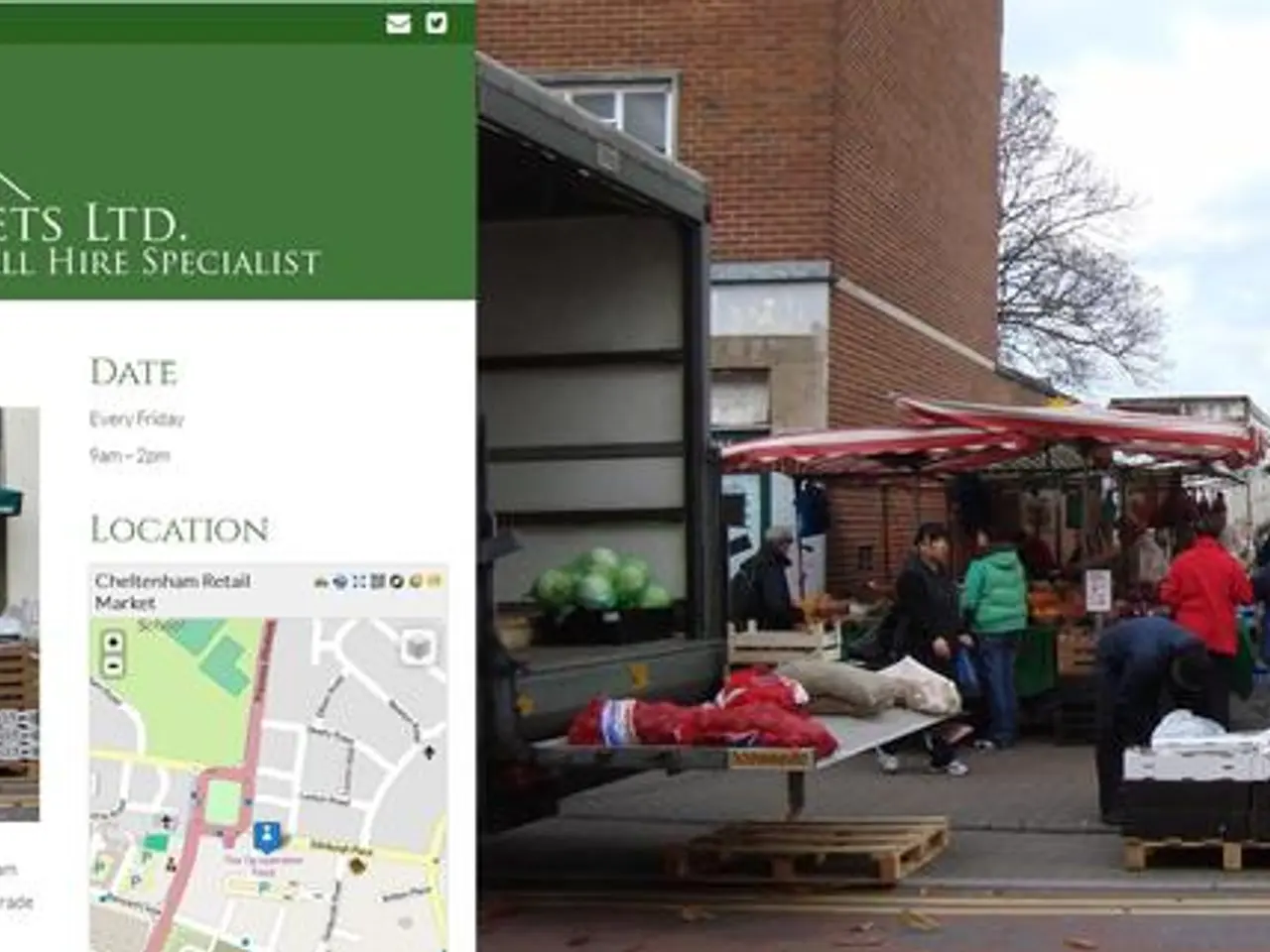Future Outlook for Phoenix Real Estate Market in 2025: Prosperity, Adjustment, or Demise?
Phoenix Real Estate Market Undergoes Correction Phase in Mid-2025
The Phoenix real estate market is experiencing a correction phase, marked by a modest decline in home prices and a shift towards a buyer's market. The median home price has dipped slightly to around $449,500, representing a slight decrease from earlier months and near-flat year-over-year growth.
Key trends in the housing market include a market moving away from the seller's dominance seen in prior years, with buyers now having stronger negotiating power due to elevated mortgage rates and increased inventory. Homes are staying on the market longer, with median days on market rising to about 57–79 days, and nearly half of listings becoming "stale" after 60+ days.
Builders are actively offering incentives like interest rate buydowns to mid-3% levels, closing cost credits, and upgrades, making new homes more attractive amid rising financing costs.
Regarding rental prices and commercial real estate, the Phoenix retail market shows strong but moderating rent growth with an average asking rent around $25.53 per square foot, up 3.7% year-over-year. Retail leasing activity is robust, fueled by population growth and low vacancy rates (~5.1%). Despite closures of some national chains, the retail sector benefits from nearly full recovery in foot traffic and a shift toward omnichannel retail models, supporting continued landlord confidence and leasing spreads.
The Phoenix housing market in 2025 is in a soft landing phase with modest price corrections and improved buyer leverage, while the retail/commercial market remains stable with moderate rent growth and active leasing sustained by solid fundamentals and demographic trends.
Notable developments in the Phoenix real estate market include the opening of the Valley Metro's $1.3 billion light rail extension, adding 5.5 miles from downtown Phoenix south to Baseline Road. The South Central light rail extension, along with the new downtown transit hub, connects South Phoenix to the regional light rail system for the first time. The Northwest Phase II light rail extension opened a 1.6-mile spur toward the former Metrocenter Mall site in northwest Phoenix in late 2024.
Infrastructure updates are also underway, with the Arizona DOT working to improve Interstate 10 through the Broadway Curve. Plans are advancing for State Route 30 (a future west-east highway in the Valley's westernmost area) and the potential I-11 corridor toward Las Vegas.
Significant developments and infrastructure updates are shaping the local real estate market in the coming years, with new planned communities emerging to meet housing demand in the suburbs. Nearly 30 million square feet of industrial projects are underway across the region, making industrial real estate the clear standout in Phoenix's commercial real estate sector.
TSMC's new massive chip factory in north Phoenix is a significant development, contributing to the industrial sector's growth. Phoenix is often referred to as the "American capital of Build-to-Rent (BTR)", with a 309% increase in BTR inventory from 2017 to 2022, the fastest growth in the nation. In 2024, the metropolitan area added 4,460 new single-family rental units in a single year, bringing the total from 2020 to over 12,700 BTR homes.
The Phoenix metropolitan area's total value of development and infrastructure projects underway exceeds $1-2 billion, making it one of the most dynamic commercial markets in the nation. Despite facing national headwinds, Phoenix's commercial real estate sector in 2025 is generally optimistic.
[1] Phoenix Business Journal [2] GlobeSt.com [3] RentCafe [4] Zillow
- The slowdown in the Phoenix real estate market, revealed by a decline in home prices and a shift towards a buyer's market, is affecting various industries, including finance and investing, as investors reconsider their investment strategies in light of the changing housing-market dynamics.
- As the Phoenix real estate market undergoes correction, the manufacturing industry may witness potential adjustments due to changes in the housing-market trends, as the increased inventory and elevated mortgage rates could impact construction activities and demand for new homes.
- The correction phase in the Phoenix real estate market, causing a moderation in both the housing and retail/commercial market, can influence politics by potentially altering the regional economy and affecting voter sentiments in the general-news elections.
- Amid the ongoing correction phase in the Phoenix real estate market, migration patterns might shift, with potential buyers, renters, and investors reconsidering their decisions to move to or invest in the city due to the changes in the housing market.
- The construction of TSMC's massive chip factory in north Phoenix, despite being a significant development for the industrial sector, could face challenges in attracting workforce if the correction in the Phoenix real estate market results in a decrease in demand for housing and rental properties in the area.




